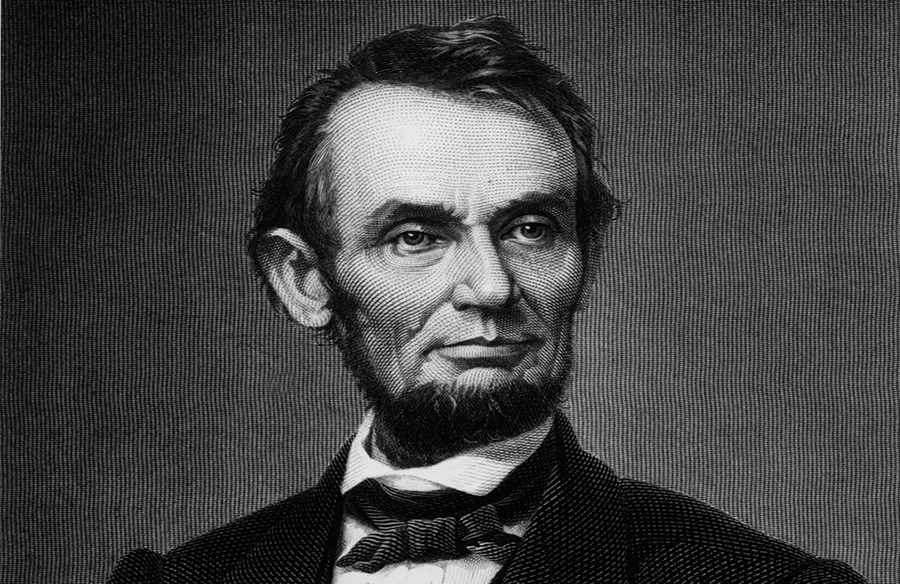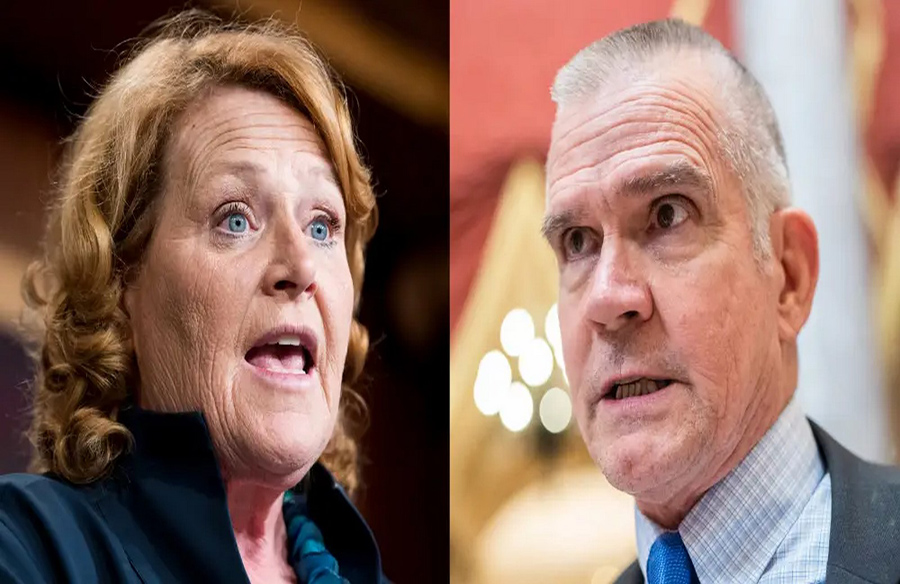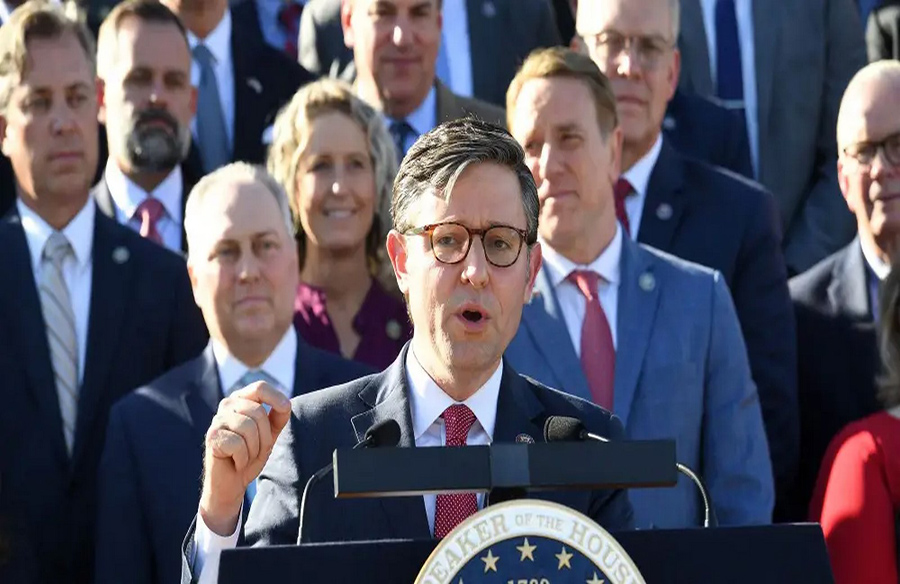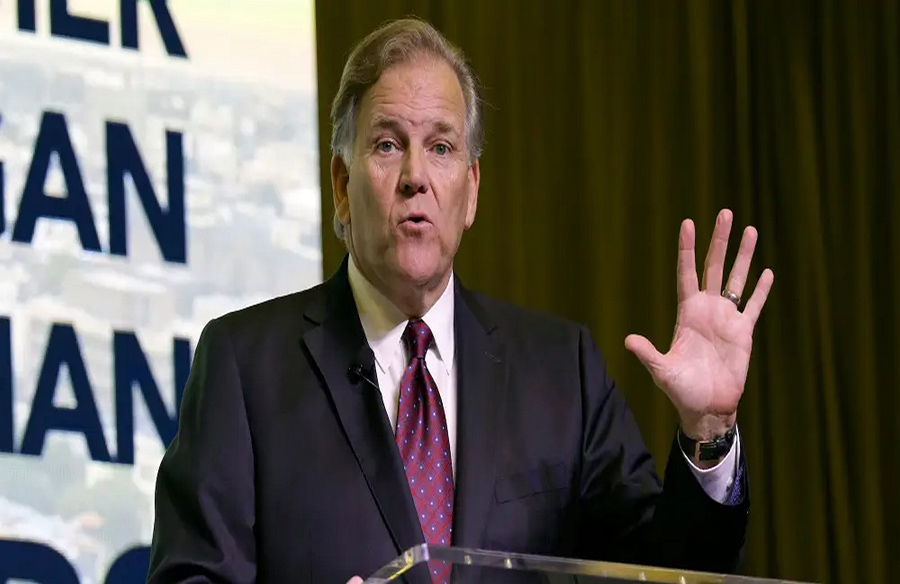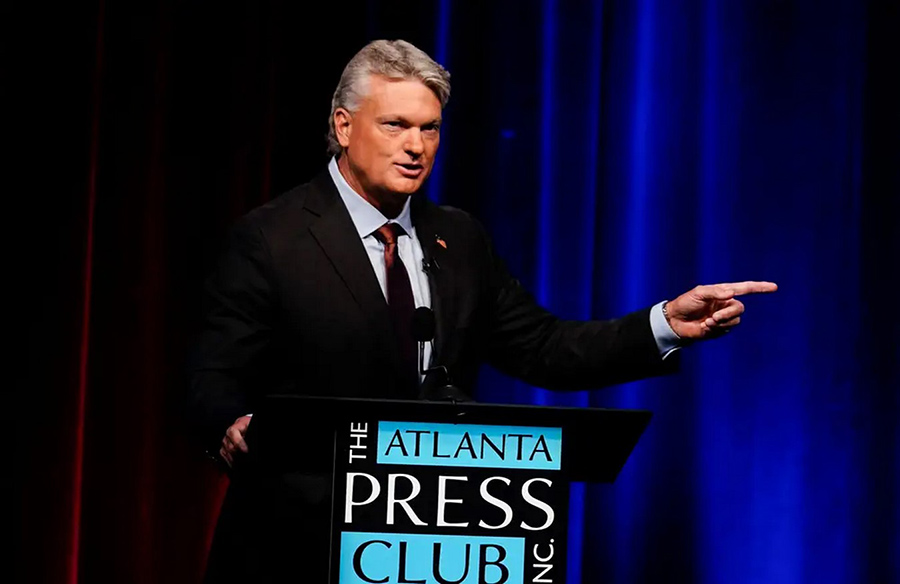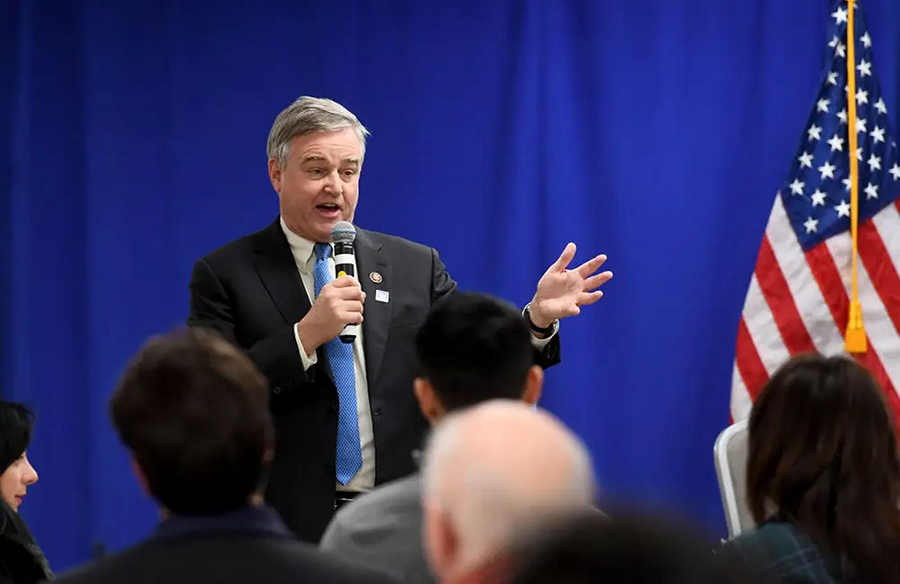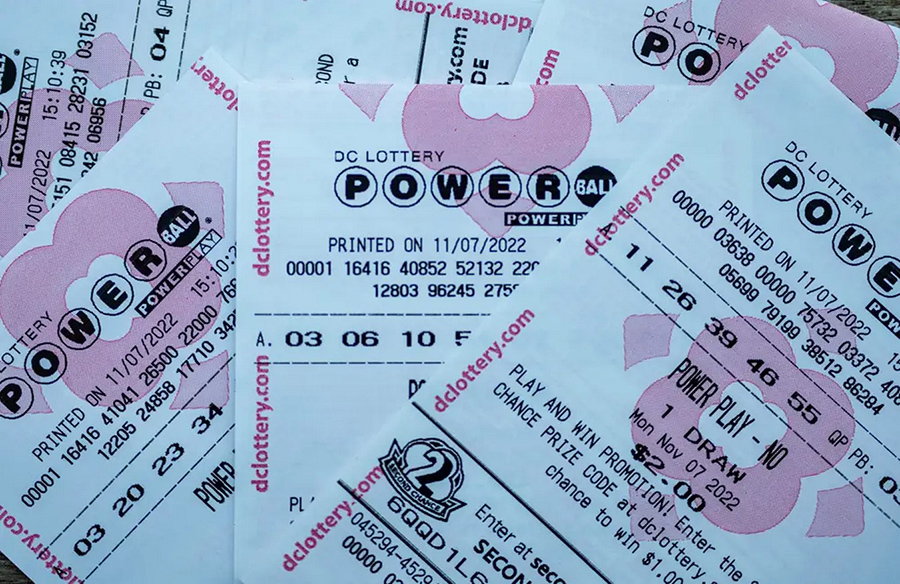A recently unearthed 22-page transcript found at the National Archives sheds light on a lesser-known chapter of American history involving President Abraham Lincoln and an ancestor of President Joe Biden.
Biden’s Ancestor Pardoned
The transcript reveals that Lincoln, the 16th President of the United States, pardoned Biden’s great-great-grandfather, Moses J. Robinette, in 1864. Robinette, a civilian veterinary surgeon in the Union Army during the Civil War, was sentenced to two years of hard labor for injuring a colleague during an altercation on a military base in Florida.
The Altercation
The incident occurred on March 21, 1864, when Robinette engaged in a verbal dispute with another civilian employee, John J. Alexander, which escalated into a physical altercation. Robinette, wielding a pocketknife, injured Alexander, leading to his arrest and subsequent military trial.
Petition for Pardon
Following Robinette’s conviction, three Army officers petitioned Lincoln to overturn the sentence. With the support of a senator from West Virginia, Lincoln granted Robinette a pardon on September 1, 1864, through Special Order No. 296.
Reversal of Fortune
Robinette’s pardon marked a turning point in his fortunes, as he had endured significant hardships during the war. Union soldiers destroyed his hotel in Virginia, and his wife passed away early in the conflict. Robinette later found employment caring for the Army’s animals before the altercation that led to his imprisonment.
Self-Defense Claim
During the trial, Robinette maintained that he acted in self-defense against Alexander, who was physically larger and instigated the confrontation. This assertion was supported by the Army officers who advocated for his pardon, emphasizing Robinette’s lack of malice and the circumstances of the altercation.
Legacy and Descendants
After his release from prison, Robinette returned to his family’s farm in Maryland. Now, generations later, his descendant, President Joe Biden, occupies the same political arena once governed by Lincoln.
The discovery of this transcript offers a glimpse into a lesser-known aspect of American presidential history, highlighting Lincoln’s exercise of executive clemency and its impact on the life of an individual connected to a future president.
